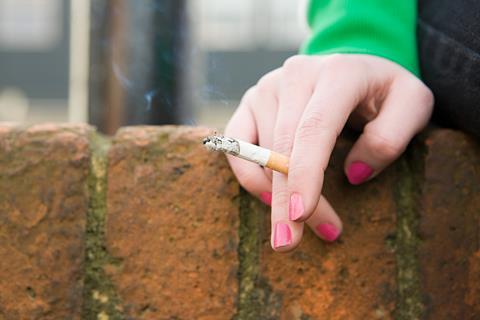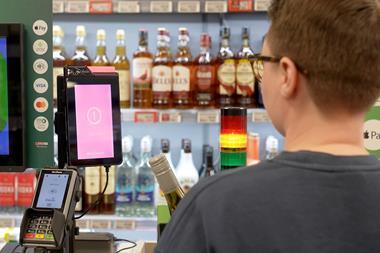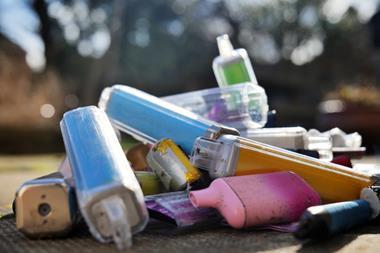
The government has unveiled plans to introduce a licensing scheme for retailers selling tobacco, vape and nicotine products, as part of its Tobacco and Vapes Bill.
Introduced to Parliament today (Tuesday 5 November), the Bill also proposes on the spot fines of £200 to retailers found to be selling tobacco, vape and nicotine products to people underage.
The Bill was first introduced under the previous government but its progress through Parliament was halted by the General Election.
The new government has retained the goal of creating a ‘smoke-free generation’ by phasing-out the sale of tobacco products across the UK to anyone aged 15 or younger this year.
There are also proposals to ban vape advertising and sponsorship, as well as planned restrictions on the flavours, display and packaging of all types of vapes, as well as other nicotine products. This is separate from the planned ban on disposable vapes due to come into effect on 1 June 2025.
The Tobacco and Vapes Bill will also explore standardising packaging for all tobacco products, including cigars or pipe tobacco.
Vaping industry trade bodies welcomed some elements of the Bill, particularly the licensing scheme proposals.
UK Vaping Industry Association (UKVIA) director general John Dunne praised the idea but said the punishments need to be harsher. “We have been consistently calling on successive governments to introduce a robust and effective industry licensing scheme, backed up by fines of at least £10,000 for retailers and £100,000 for distributors who trade illegally when it comes to underage and illicit vape sales. The scheme we have developed and recommended is designed to generate upwards of £50m per year to support a highly resourced national Trading Standards enforcement programme.
“It is not clear whether the government will include vape distributors in their plans, but we are clear that any scheme must do so to be successful. The fines of £200 announced need to be much higher if they are going to make rogue traders think twice about breaking the law.”
Chair of the Independent British Vape Trade Association (IBVTA), Marcus Saxton, also welcomed that part of the Bill but expressed concern over the proposed action on flavours.
“There are things to be welcomed in this Bill, such as strengthened powers of enforcement against retailers who engage in illegal sales. However, there is also a danger that with so many legislative avenues being sought to reduce youth uptake of vaping, ‘regulatory overkill’ may hamper the future of vaping as the UK’s leading quit aid for adults,” said Saxton.
“The IBVTA looks forward to working positively and progressively with the Government to ensure that vaping becomes less accessible and desirable to children, and to adults that would not otherwise be smoking. However, this can only be considered successful in the context of continuing the decline in adult smoking rates that has accompanied the growth of the UK’s vape sector.”
On planned restrictions on vape flavours, Saxton warned that it could push people back to smoking. “Excessive restrictions on the types of products that our members can provide may reduce the products’ appeal. Even worse, they may contribute to continued misperceptions about the harm of vaping relative to tobacco smoking. Specifically, the role of flavours in supporting adult smokers to a successful quit attempt is accepted and understood by most public health stakeholders, and we believe to have been fundamental to the succes of vaping in reducing smoking rates. Therefore, any reference to potential powers to restrict flavours is very worrying, as it threatens the government’s own goal of the UK becoming smoke free by 2030.”
UKVIA’s Dunne agreed that banning flavours may be a step too far. “We will want to understand the detail of these powers as it is imperative that the new government establishes a balanced approach to vaping policy which safeguards against the very real challenges of youth vaping and illicit products, while preserving and promoting vaping as the most successful stop smoking tool available for adults.
“In particular, the government needs to take on board the critical role that flavours play in the appeal and success of vaping as a harm reduction tool. Therefore, there is a need to put the focus on restricting inappropriate flavour names, not flavours.”
































No comments yet